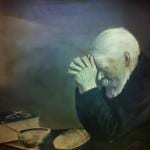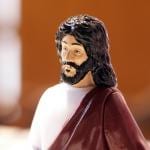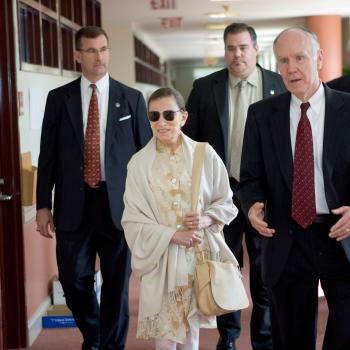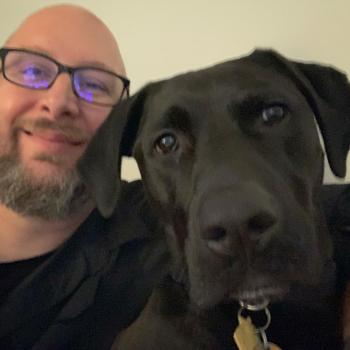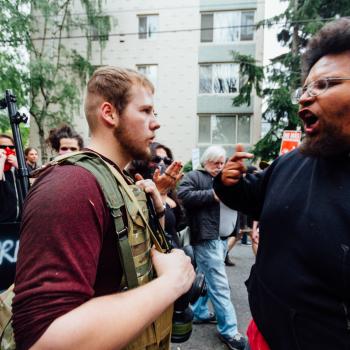Today, I opened my news app to a story about California churches suing state officials over the right to hold regular religious services despite the imminent threat of the COVID-19 pandemic. Similar lawsuits have been filed or are brewing in several other states.
The object is not to win.
Constitutional Right
The power of states to place reasonable limits on the First Amendment rights to freedom of religion and assembly has long been a settled question. As early as 1940, for example, the Supreme Court held:
A State constitutionally may, by general and nondiscriminatory legislation, regulate the time, place and manner of soliciting upon its streets, and of holding meetings thereon, and may in other respects safeguard the peace, good order and comfort of the community.
In a much more recent 1990 ruling, Justice Antonin Scalia wrote for the majority, “We have never held that an individual’s religious beliefs excuse him from compliance with an otherwise valid law prohibiting conduct that the state is free to regulate.”
Certainly, a state is allowed to regulate emergency pandemic response.
Probably the best analogy for this comes from the public debate over free speech, where Oliver Wendell Holmes, Jr. famously declared more than one hundred years ago that the citizen’s right to free speech does not extend to falsely shouting “fire” in a theater. In other, more direct words, these pastors’ demands to kill a percentage of their congregants (and by extension the general public) by holding large in-person services simply aren’t what the First Amendment was designed to cover.
The Facts
COVID-19 kills. Twenty-six thousand deaths in the U.S. and rising every day. And COVID-19 does not give churchgoers a pass. Pastors are dying both from services in their own churches and from traveling to preach. Even in California, something as simple as church choir practice can easily turn fatal. Yet in all of this, the most fervently political evangelical pastors are following their president’s lead and waiting until it is too late to acknowledge COVID is a threat.
What’s more, in terms of the theology the evangelical leaders claim, they are literally making this up as they go along. Although they traditionally claim that the Bible is complete and sufficient for their purposes, they ignore entirely that there is nothing resembling Sunday morning church services mentioned anywhere in its pages. They already choose a different day than the Sabbath (Lev. 23:3; cf Is. 66:23). They already break bread in large churches instead of small houses (Acts 2:46). They already worship differently than the early church documented in the Bible in a hundred different ways. So why make a fuss now?
Common Enemy
The state as enemy has been a running theme of the evangelical/fundamentalist church for longer than anyone can remember. It is so common, and so predictable, that it even has a name—the Evangelical Persecution Complex. Simply put, even in a country like the United States where Christians run every institution of government, pretending to be persecuted has a broad psychological appeal that puts butts in the pews and money in the coffers. For these cynical and often scandalously wealthy pastors, losing a few lives is a small price to pay for the benefits they get from bringing their persecution complex into this fight. And when they lose their obviously spurious court cases? Well, that’s just more evidence that “the world” is against them.
. . .
Christ said, for where two or three are gathered in my name, I am there among them (Mt. 18:20). You are free to worship with your families and isolation mates. You are free to worship via Zoom. But you are not free, under any reasonable interpretation of what it means to be Christian, to sacrifice literal lives as a cynical recruiting tool for your church.


